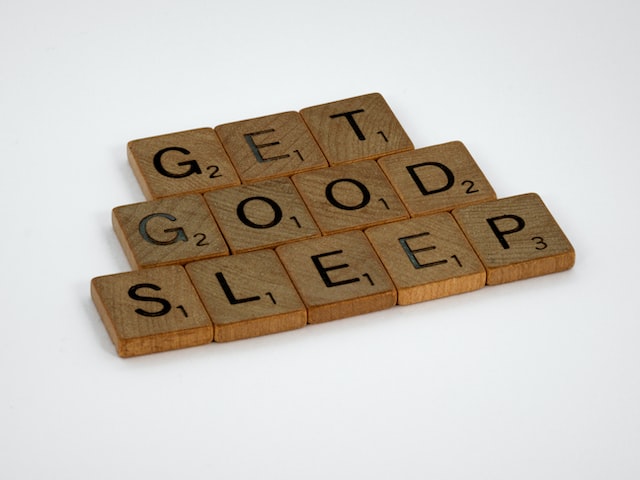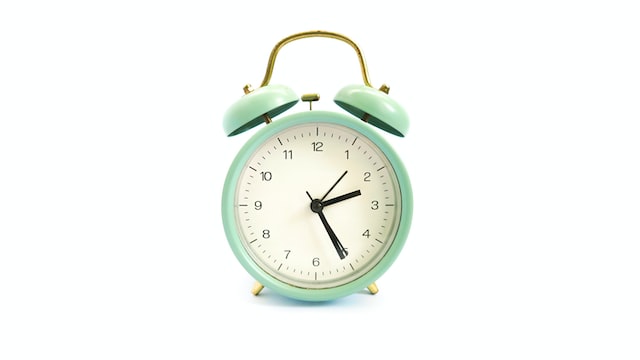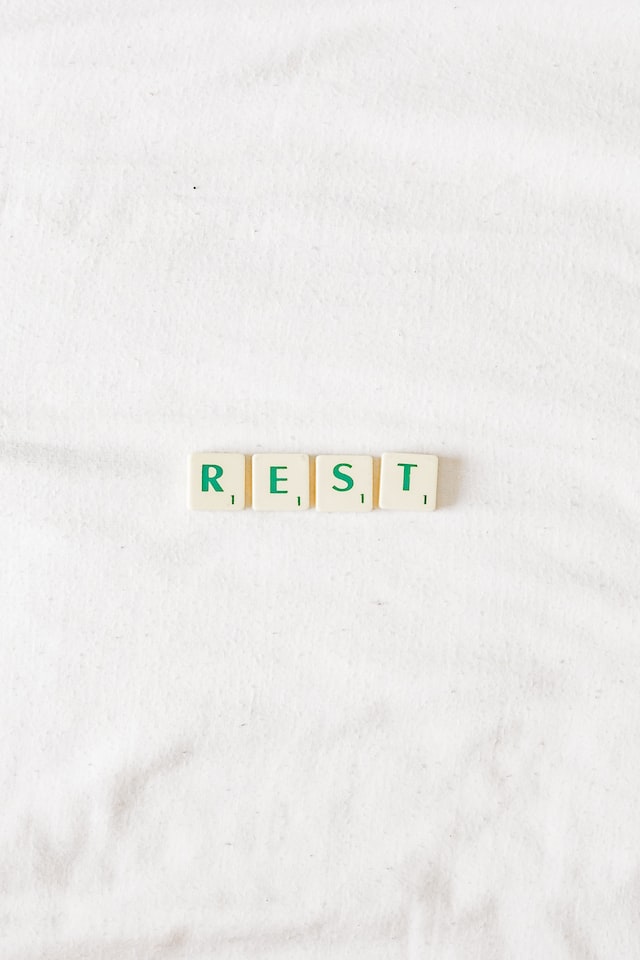Sleep Latency, Opportunity, and Efficiency
This question of “how can I sleep better” plagues much of the western culture, and other parts of the world, for a few reasons. Maybe you fall into that and don’t particularly care about what those reasons are, and I think that’s understandable. As a therapist, I can tell you those reasons are important, but it is also equally important to learn and utilize tools to help you sleep better than you are. This blog will serve as a way for you to understand sleep on a more fundamental level, but it will also give you a deeper understanding of sleep. This understanding will elucidate the reasons behind the success of the tools and perhaps help you formulate different variations of these tools to fit your unique situation. Are you ready to dive in and become more of a sleep expert?
On average, Americans sleep about 6.8 hours every night. A lot of this has to do with work schedules being largely 9-5 or shift work (2nd shift, 3rd shift etc.). I’ll assign a little bit of homework here. Don’t worry, it won’t take very long. In fact, you can do it right now before reading on. According to the National Sleep Foundation, how many hours of sleep does an average adult need? Did you say 7-9 hours? If you did, congratulations! Most people have it in their head that 8 hours a night is the recommended amount of sleep and while that isn’t untrue, it’s not the entire picture. When you look at the NSF (National Sleep Foundation) website, you’ll see that different age groups require a different amount of sleep and that the average adult needs between 7 and 9 hours of sleep. We’ll talk about the other age groups in later entries but for now, it’s important to know that 7-9 hours is what you need on average. Another important distinction to make is sleep opportunity versus time asleep.
Typically, when people hear they need 7-9 hours of sleep, they’ll do a quick calculation to determine when they need to go to bed to get that much sleep with their schedule. If someone determines they need to be in bed by midnight because they wake up at 8am to go to work, they’ll get in bed at midnight. It makes sense, right? Midnight to 8am is 8 hours so that means you’re getting 8 hours of sleep! This is not the case because of something called sleep latency and sleep efficiency. Sleep latency refers to how much time it takes you to fall asleep when you are in bed and sleep efficiency refers to how much of your time in bed is spent sleeping versus being awake. The lowest threshold for healthy sleep efficiency is 85%. That means that of the 8 hours you’re in bed, with a healthy sleep efficiency, the amount of time you’re sleeping only 6.8 hours. Now you may be thinking, “1.2 hours to try and fall asleep? It doesn’t take me that long to fall asleep!” The issue is that the time it takes you to fall asleep is not the only time you wake up throughout the night. Everyone wakes up multiple times throughout the night, we just very rarely remember, if at all. Let’s see how you do with another question. How long should it take you to fall asleep? If you said between 20 and 30 minutes, you’re right! If you’re falling asleep quicker than this, it is likely because you are sleep deprived and if you’re taking longer than this to fall asleep, it may mean other things are at play.
Now that you know what sleep latency, sleep efficiency, and the recommended amount of sleep are, you can start to see where I’m going with this blog post. The recommended 7-9 hours of sleep is not an indication of how long you should be in bed but how long you should be sleeping. If you want to get 8 hours of sleep, get into bed about 8 and a half hours before you need to wake up to give yourself enough opportunity to fall asleep. I give myself 9 hours of sleep opportunity as often as I can to ensure that I’m getting at least 8 hours of sleep. Not everyone can do that because everyone’s life has different moving pieces that make this difficult, but I can tell you that prioritizing your sleep means your physical health and mental health will improve. I don’t just mean a quality-of-life improvement but significant improvement like cognitive function, athletic performance, healthier food choices, improved metabolism. I could make an entire post about the benefits of sleep but as we progress, those benefits will reveal themselves.
I hope you will join me on this journey to learn more about sleep, improve your sleep, and maybe impress some friends and loved ones with some sleep knowledge along the way
Sleep fact to impress your friends at your next party: After being awake for 16 hours, your cognitive function is that of someone who is legally drunk.
Thanks for reading and I hope you sleep well!
Kevin Hooker
Fuller Living Counseling Provider
 Click to Book!
Click to Book!

